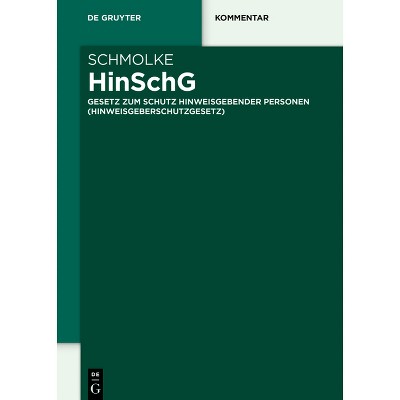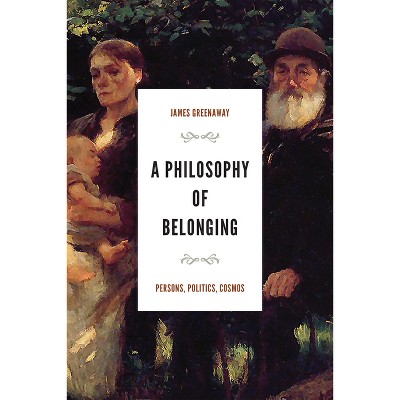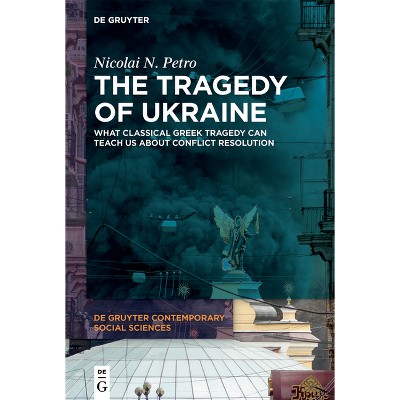Sponsored

Beyond Nationalism - (European Politics) by João Labareda
In Stock
Sponsored
About this item
Highlights
- This book discusses the meaning of the common good in a European Union thorned by nationalist tendencies and presents concrete policies to improve its achievement.
- About the Author: João Labareda is the Coordinator of the European Innovation Ecosystems Work Programme at the European Commission.
- 216 Pages
- Political Science, Comparative Politics
- Series Name: European Politics
Description
About the Book
This book discusses the meaning of the common good in a European Union thorned by nationalism and presents concrete policies to improve its achievement. It analyses the normative relevance of EU values as a shared moral standpoint between the member states and discusses institutional reforms that can help to realise them.Book Synopsis
This book discusses the meaning of the common good in a European Union thorned by nationalist tendencies and presents concrete policies to improve its achievement. It analyses the normative relevance of EU values as a shared moral standpoint that allows highly diverse member states to label a given collective choice as 'good' or 'bad'. It discusses the role of EU institutions as both guardians and enablers of EU values in a globalised world and introduces a few proposals for institutional reform at the EU level that could strengthen this role. It also presents six strategies to improve civic friendship in the EU, in the absence of which any institutional efforts to promote the common good may be undermined by the citizens' lack of willingness to share its burdens.From the Back Cover
Beyond nationalism presents a comprehensive theory of the common good of the European Union (EU) and proposes concrete policies and institutional reforms to improve its achievement. It commences with a discussion of the public values jointly endorsed by EU member states, which are seen to provide a basis for identifying a transnational common good. Labareda discusses the distinctive nature of the EU common good, which he associates with three main conditions: maintaining liberal democracy, enabling decent standards of social welfare, and ensuring a high level of environmental protection. Relying on a constructivist understanding of national interests, the author proposes a set of reforms that would allow the EU common good to be more strongly represented in the process of national interest formation in domestic politics. At the same time, he proposes significant changes in the Brussels institutional apparatus aimed at democratising the pursuit of the common good, including the creation of an EU Citizens' Assembly and the election of the presidents of the European Commission and the European Council.
The book takes on board the idea that a willingness by EU citizens to recurrently sacrifice their interests for the sake of an EU common good would require stronger bonds of civic friendship among them. It proposes several policies to achieve this goal, including reducing socioeconomic inequalities in the EU, curtailing barriers against freedom of movement, and creating a transnational curriculum on EU citizenship.
Review Quotes
'The European Union is a laboratory for policies pursuing a common good beyond the nation. Labareda's excellent book fills not only a gap in the normative literature on the EU but contributes also significantly to the current revival of the concept of the common good by demonstrating how it can guide concrete reforms.'
Rainer Bauböck, Austrian Academy of Sciences
-- P. Kurzer, University of Arizona
CHOICE: Recommended. Graduate students and faculty.
About the Author
João Labareda is the Coordinator of the European Innovation Ecosystems Work Programme at the European Commission.Shipping details
Return details
Frequently bought together
Guests also viewed

















